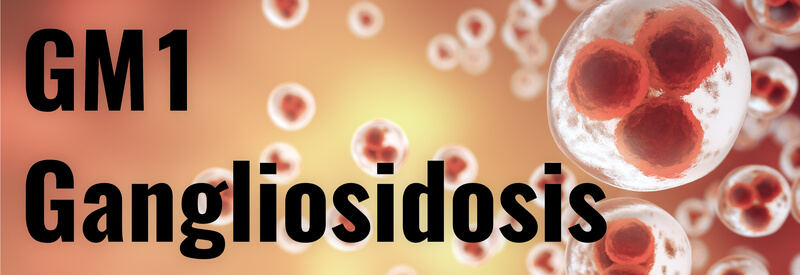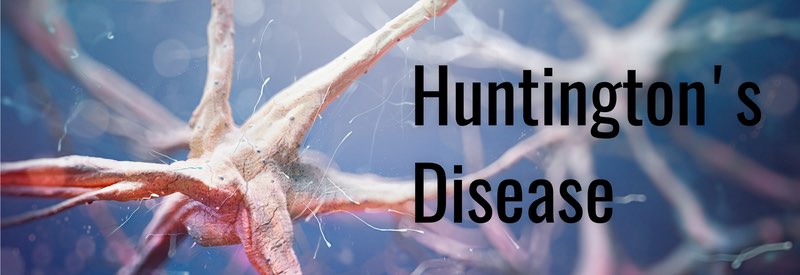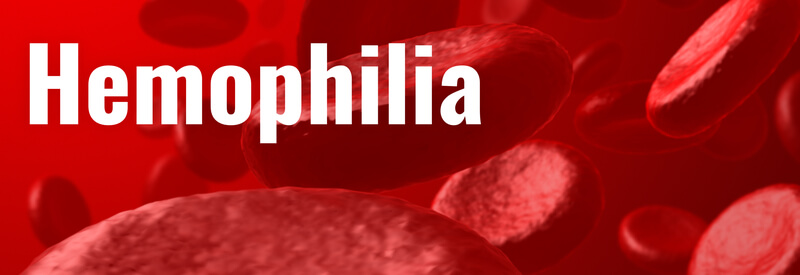We’ve compiled a list of some of the latest advances of biotech in the field of rare disease to contribute to Rare Disease Day 2017.
The European Organization for Rare Diseases (EURORDIS) is once again coordinating Rare Disease Day, which takes place on the last day of February every year. The aim is to raise awareness of the current challenges faced by patients with a rare disease.
In the EU alone, rare diseases affect 30 million citizens, and there are over 6,000 rare diseases that affect from dozens to thousands of patients each. This makes these indications unattractive for pharma and consequently, there’s no cure for most rare diseases beyond symptomatic or palliative care. Biotech, however, strives to bring innovation to the treatment of these diseases to approach cures.
Since 80% of rare diseases are estimated to be of genetic origin, the advent of gene therapy could make a big difference for many of these conditions. The technology is already in the market, with examples such as uniQure’s Glybera (despite its struggles with pricing) or the recently approved GSK’s Strimvelis, which you’ll learn more about below. In addition, companies like Diploid in Belgium or Congenica in the UK are working hard to harness the power of gene sequencing to improve the diagnosis of rare diseases.
In support of the tremendous effort made by researchers, doctors, patients and their families, here’s a list of some of the rare diseases which biotech is fighting with the latest technology.
Affecting around 1 in 12,000 people, hemophilia is a genetic disorder that impairs blood clotting. The disease is now one of the main targets of many biotechs, so we recently reviewed in detail the multiple approaches being pursued to improve the treatment of hemophilia.
Although a cure is not likely to become available anytime soon, there’s an avalanche of new treatments that could help patients greatly improve their quality of life. Among them, gene therapy will likely be the next big thing. In hemophilia type B, the Dutch uniQure and the team formed by Spark Therapeutics and Pfizer are competing to be the first to launch a gene therapy. In hemophilia type A, it seems like US-based BioMarin is leading the gene therapy race.
Adenosine deaminase severe combined immunodeficiency (ADA-SCID) causes defects in purine metabolism, which in turn derives in immunodeficiency. Accounting for up to 15% of SCID cases, this rare disease often results in early death if not treated with hematopoietic stem cell transplantation (HSCT) or enzyme replacement therapy.
GlaxoSmithKline recently launched Strimvelis in Europe, an ex vivo gene therapy approved by the EMA for ADA-SCID patients with no matching donor available and still waiting for approval in the US. For Strimvelis, GSK is bidding for an unusual commercial strategy that offers the full €594,000 price tag back if the therapy doesn’t work.
Orchard Therapeutics, launched less than a year ago and based in London, is also developing an ex vivo autologous gene therapy for ADA-SCID. This type of therapy makes genetic modifications in the target cells outside the body instead of delivering genes to the patient using viral vectors. Still in a very early phase, the company recently partnered with Oxford BioMedica to access its lentiviral vector technology.
Mucopolysaccharidosis type III (MPS III), also known as Sanfilippo Syndrome, is a group of diseases that cause neurodegeneration from a very early age. The diseases stem from enzyme deficiencies in the metabolism of heparan sulfate. Sanfilippo only affects 1-9 people in 1 million, but its consequences can be devastating.
Fighting against all odds, Karen Aiach founded Lysogene in France to develop a gene therapy to treat her daughter with Sanfilippo A, the most common form of MPS III. The company went public earlier this month and received a financial boost that will help the treatment enter a Phase II/III trial, the last step before commercialization.
Orchard Therapeutics is also developing a treatment for Sanfilippo A using its ex vivo autologous gene therapy technology, in addition to its lead program in ADA-SCID. For its part, uniQure used to develop a gene therapy for Sanfilippo B, but the program has been stopped after massive cuts in its pipeline and workforce last November.

Affecting up to 1 in 100,000 births, GM1 gangliosidosis is a lysosomal disorder with severe effects on the neurons of the brain and spinal cord, caused by a deficiency of the beta-galactosidase enzyme.
Lysogene is getting ready to start a Phase I/II trial for a gene therapy to treat this rare disease. A quarter of the funds raised in its recent IPO, used mainly to fund its pivotal Sanfilippo trial, will go towards a second gene therapy for GM1 gangliosidosis.
Minoryx, a biotech from Barcelona, is using a different approach to treat this rare disease. Its pharmacological chaperones can stabilize the defective protein causing GM1 gangliosidosis to recover its function. The company is also conducting Phase I trials with a drug candidate for another rare disease, X-linked adrenoleukodystrophy (X-ALD).

Huntington’s disease is a genetic neurodegenerative disease that appears in adults with a prevalence of up to 1 in 10,000. The diagnosis can be easily made with a genetic test, but there is no cure.
After restructuring its R&D strategy and cutting down on programs and jobs alike, one of uniQure‘s priorities is now a gene therapy program for Huntington’s in the preclinical stage. The French BrainVectis is also working in a gene therapy for the rare disease that is expected to enter clinical trials by 2019.
These are just a few of many rare diseases that biotech is fighting. Are there any other treatments for rare disease that you’re looking forward to see in the market soon?
Images from Gyvafoto; ktsdesign; Maltsev Semion; molekuul_be; Rost9; adike /Shutterstock








